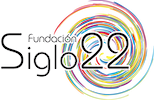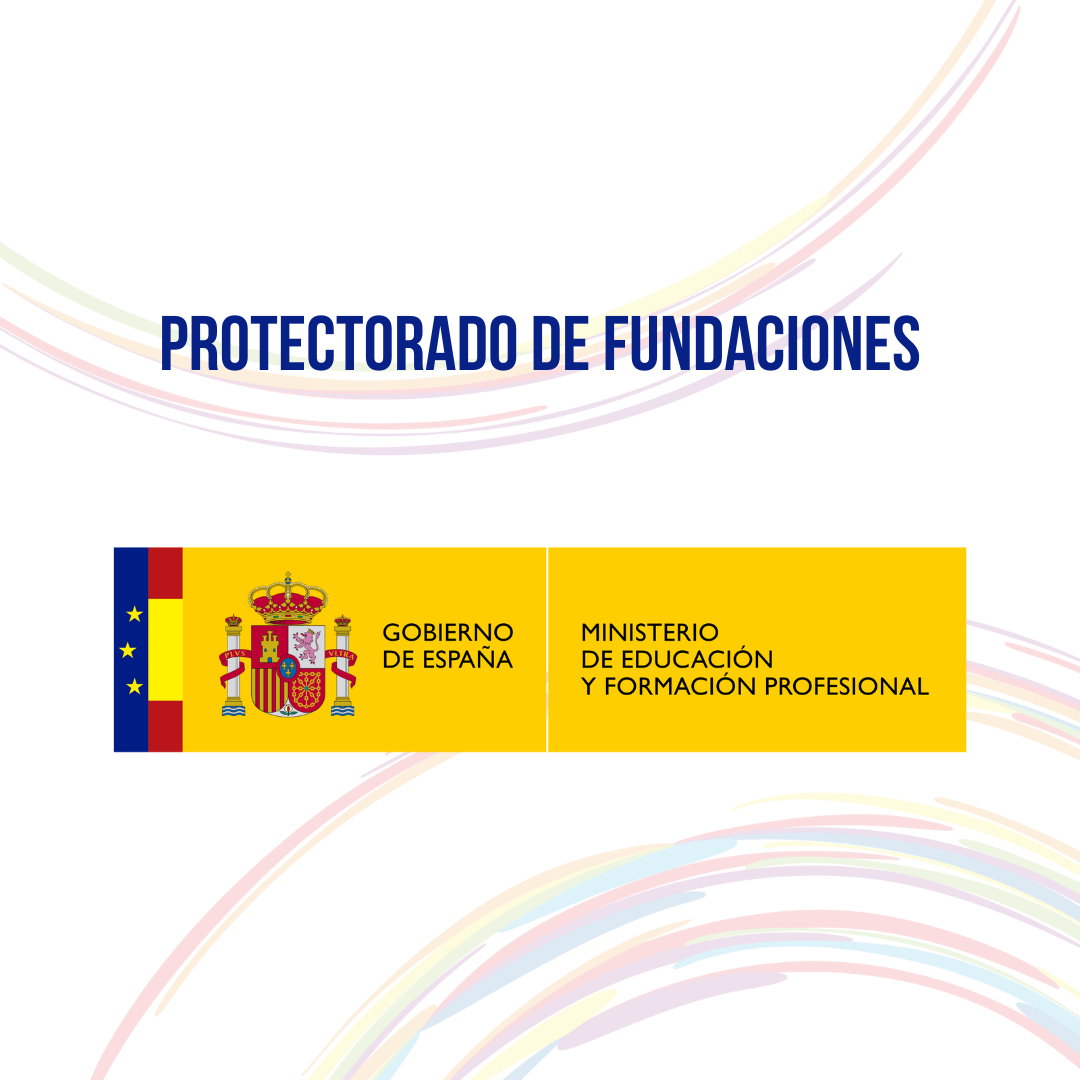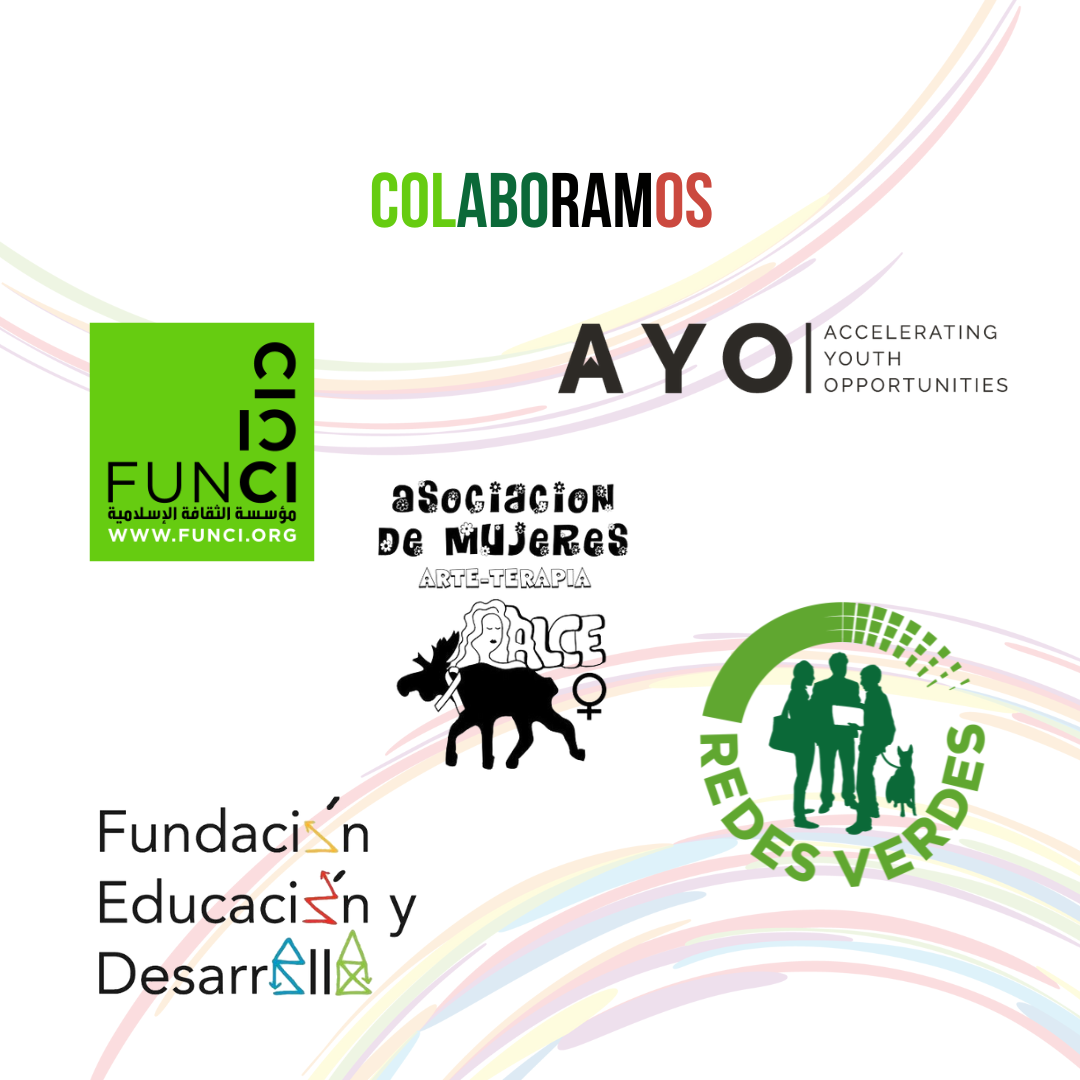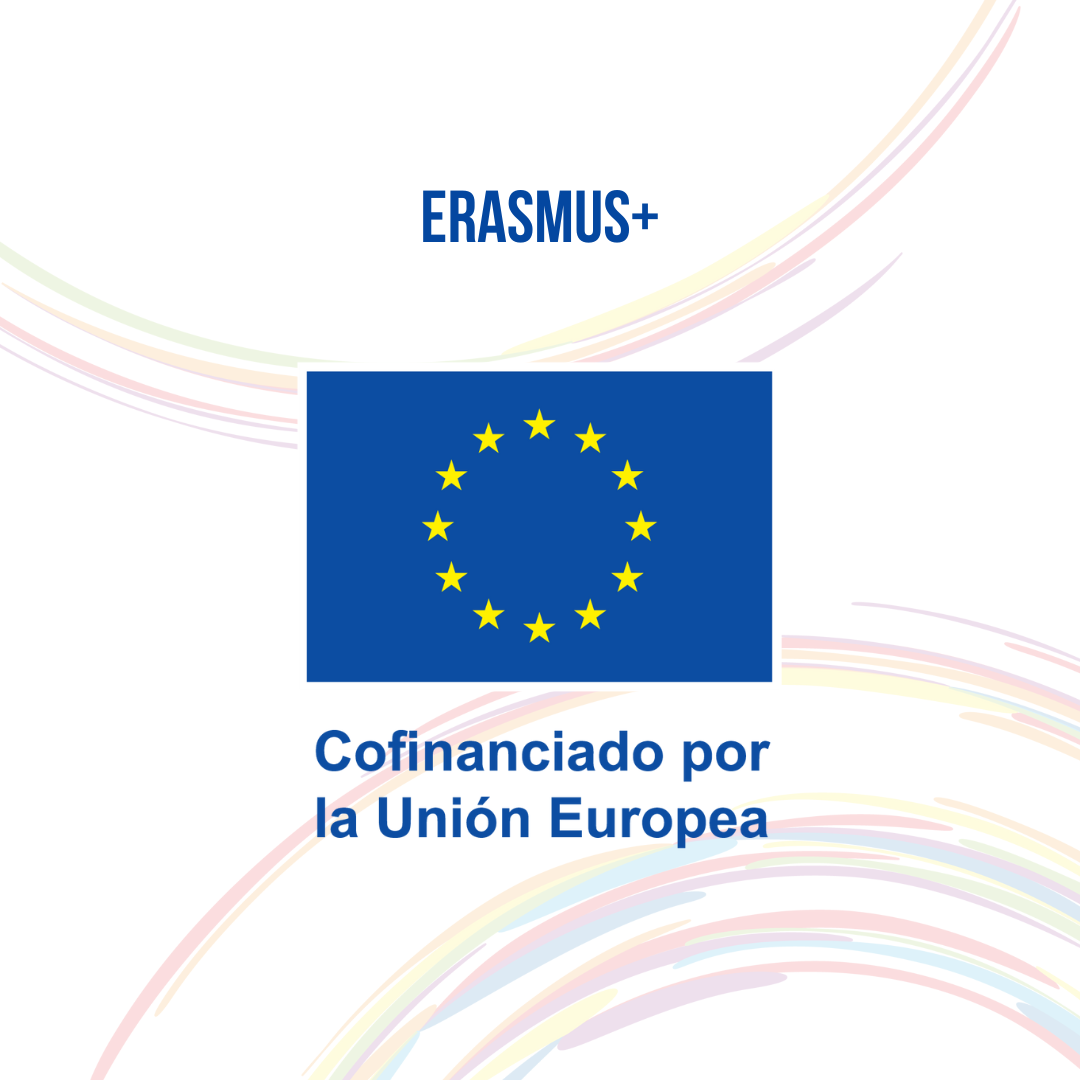Programme: ERASMUS+ KA-202
Title: VET Itineraries with a Variety of open Educational Resources enhanced by a multilingual repository
Acronym: VETIVER
Period: 1/9/2016 - 31/8/2018
Project number: 2016-1-HU01-KA202-022952
Website: http://vetiverproject.eu/
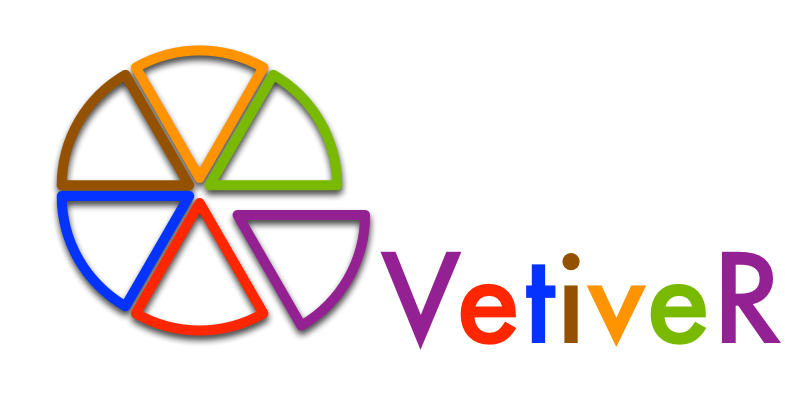
There is a vast amount of information on the internet and sometimes finding certain information is like looking for a needle in a haystack. We don't know what makes certain pages rank higher in Google's search results, but we do know that search results can vary dramatically depending on the words we use.
Many institutions offer great resources, but sometimes they are difficult to find without a very precise Google search. In short, we need to help teachers find resources more easily.
- An Educational Taxonomy and a Thesaurus: In VETIVER we have a fully functional educational taxonomy that, together with a Thesaurus for indexing sources, will form the brain of the repository project. This will make it easier in the long run to find the relevant information related to our search, by using previously selected metadata relations. We take care of storing the sources correctly, but above all we take care of retrieving the information when it is needed. In other words, searching and finding relevant information efficiently.
- A Repository: The main objective of the repository is to be able to find information that we will need in the future more easily. For this we will have to include the important information that we can find in each source.
- SCORM resources: SCORM resources: For us it is important to create good content both for teachers (on service-based learning and other active methodologies) and for VET learners. Therefore our project partners have created innovative and interactive Scorm-based OER Courses using Adobe Captivate, an intuitive and easy to use software, attractive in design and constructive in content. Within the project we are creating a wide variety of different courses that can be uploaded directly to each school's LMS platform or used directly from the LMS platform provided by the project. (The resources are approximately 30 minutes long and can be used to reinforce or even create certain activities, including self-assessment exercises).
The pedagogical content of our resources has been developed by teachers from partner institutions and are applicable to their respective areas of knowledge, allowing the creation of activities with more specific objectives.
One of the benefits received from the project is to provide organisations with a system of free practical training and ongoing support in the design and creation of new resources. The training packages will be available in the languages provided by the project partners, each in their own country. - Pilots and Training: Active methodologies with new assessment methods. No student is left behind. We have a new generation of learners who learn differently, so they have different motivations. It is necessary to modify our methods, to use new methodologies, and of course to establish a new way of evaluation. The Vetiver project wants to help in this process, so from mid-September 2017 you can access our online training, which is related to methodologies such as: Multiple Intelligences, Active Methodologies and Instructional Design Service Based Learning Assessments using an ePortfolio. We also use platforms and tools such as: Moodle, Mahara, or Captivate for the creation of SCORM packages. Teachers can join and get access to the different platforms of the project such as Moodle, Mahara and our repository. Teachers will be able to use all these tools with their students and learn how to work with an LMS attached to an ePortfolio. All courses are free of charge. A learning environment has been created for teacher training, which can also be used in real life with your students.
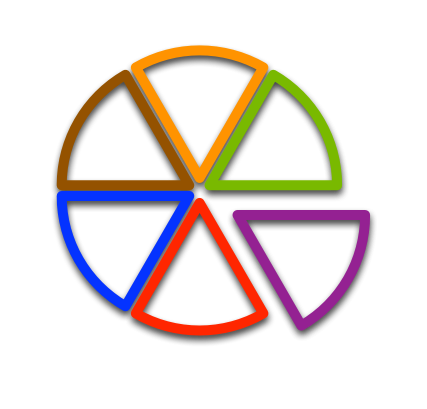
Asociación:
1. SZÁMALK-Szalézi Szakgimnázium (Hungary)
2. Fundación Siglo22 (Spain)
3. Torridge Training Consultants Ltd (United Kingdom)
4. Afyonkarahisar Mesleki ve Teknik Anadolu Lisesi (Turkey)
5. Achaia Adult Education Institute (Greece)



